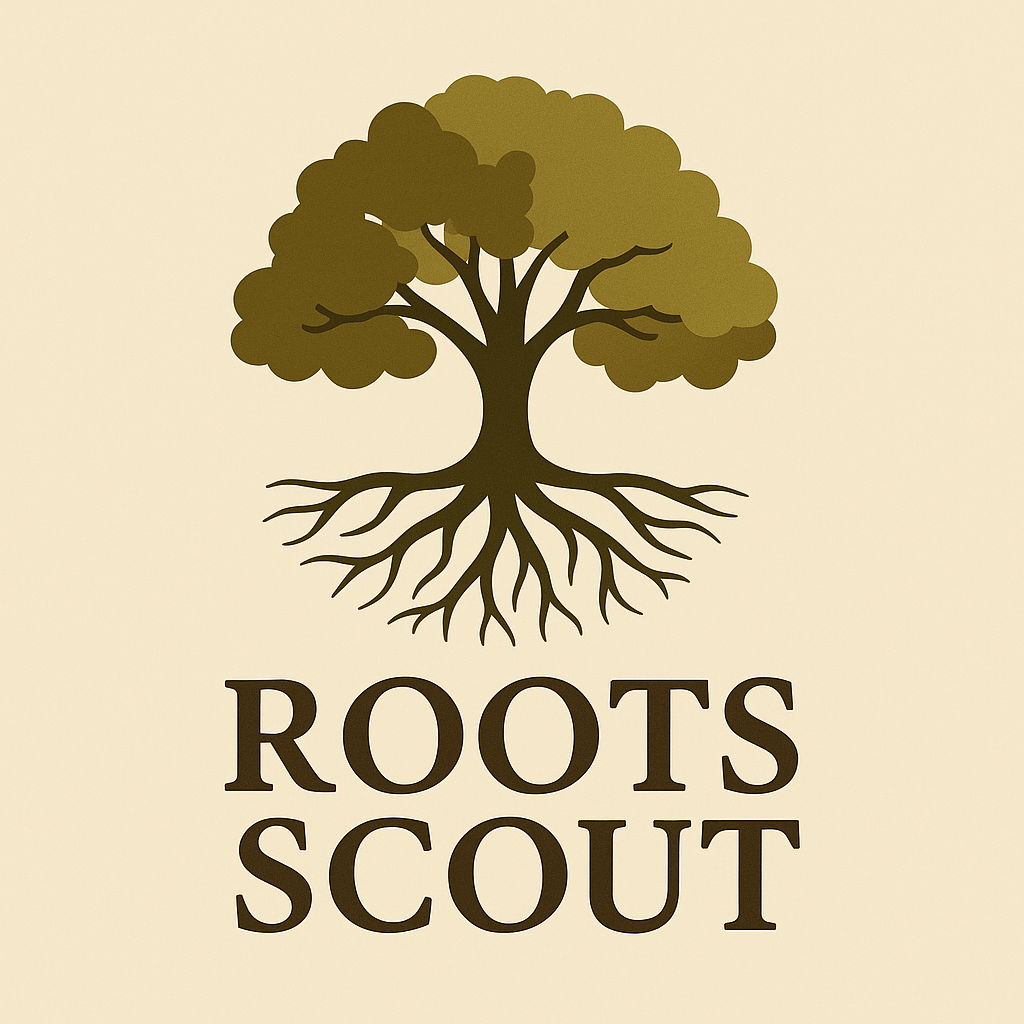On a cool September morning in 1782, in the rolling hills of Rockland Township, Berks County, Pennsylvania, a boy named David Kroh came into the world. He was born to parents who themselves were part of a sturdy German heritage, people whose faith and hard work carved new lives in the soil of a young America. David would grow to become a man who, though not widely known beyond his fields and family, left a legacy that endured long after his passing.
David was baptized the following year, a ceremony that connected him not only to the faith of his ancestors but to the German-speaking community that surrounded him. His childhood was not one of wealth, but of labor, learning, and the close bonds of a farming family. He was the eldest of several siblings, including his brother Henrich, whose early death at just 28 would leave a mark of sorrow on David’s life.
At 22, David found love in Charlotte Herb, whom he married at the Schwartzwald Reformed Church on December 11, 1804. Their marriage was blessed with many children — a bustling household where the laughter of little ones mixed with the rhythm of farm life. Their first son, Jacob, was born around 1801 and would one day work as both a farmer and blacksmith. In time came Abraham, Benjamin, Daniel, and daughters like Elizabeth, who carried her father’s resilience forward into her own years.
David’s life was anchored in the soil. He was a farmer in every sense — one who coaxed food from the earth, built stone walls with his own hands, and knew the worth of each sunrise. When he moved his family to Upper Mahantango in Schuylkill County, the land was rugged and demanding, yet David saw potential. With the steady patience of a farmer, he turned fields of rock and clay into pastures and rows of crops, sustaining not just his family but the growing community around him.
The times were not easy. Illness swept through the countryside more than once, and typhoid fever would one day claim his son David Jr. The early deaths of siblings and, later, his beloved wife Charlotte in 1840, tested David’s faith and resolve. Yet even in sorrow, he pressed forward — a man who understood that the seasons turn and life, though fragile, carries on.
Those who knew David remembered him as a man of quiet strength and enduring faith. He taught his children to be industrious, to honor God, and to hold family close. His son Benjamin grew to be a stone mason and manufacturer, building with the same strong hands his father once used to till the soil. His son Daniel became a farmer and logger, continuing the bond with the land that defined their lineage.
By the time of his death in 1848, David Kroh was 66 years old. He had weathered hardship, built a family, and helped lay the foundations of a community. Though he never held public office or saw his name printed in the pages of history books, his legacy lived in the lives of his children and grandchildren — in every stone wall, every plowed field, every whispered story passed down at kitchen tables.
For those of us who trace his name across the pages of old records, David is more than dates and places. He is a reminder that greatness is not always measured by fame or fortune but by the seeds we plant in others. David Kroh’s life tells us that perseverance, faith, and love of family can echo through centuries, long after the last harvest has been gathered.

Comments (0)
No comments yet. Be the first to comment!